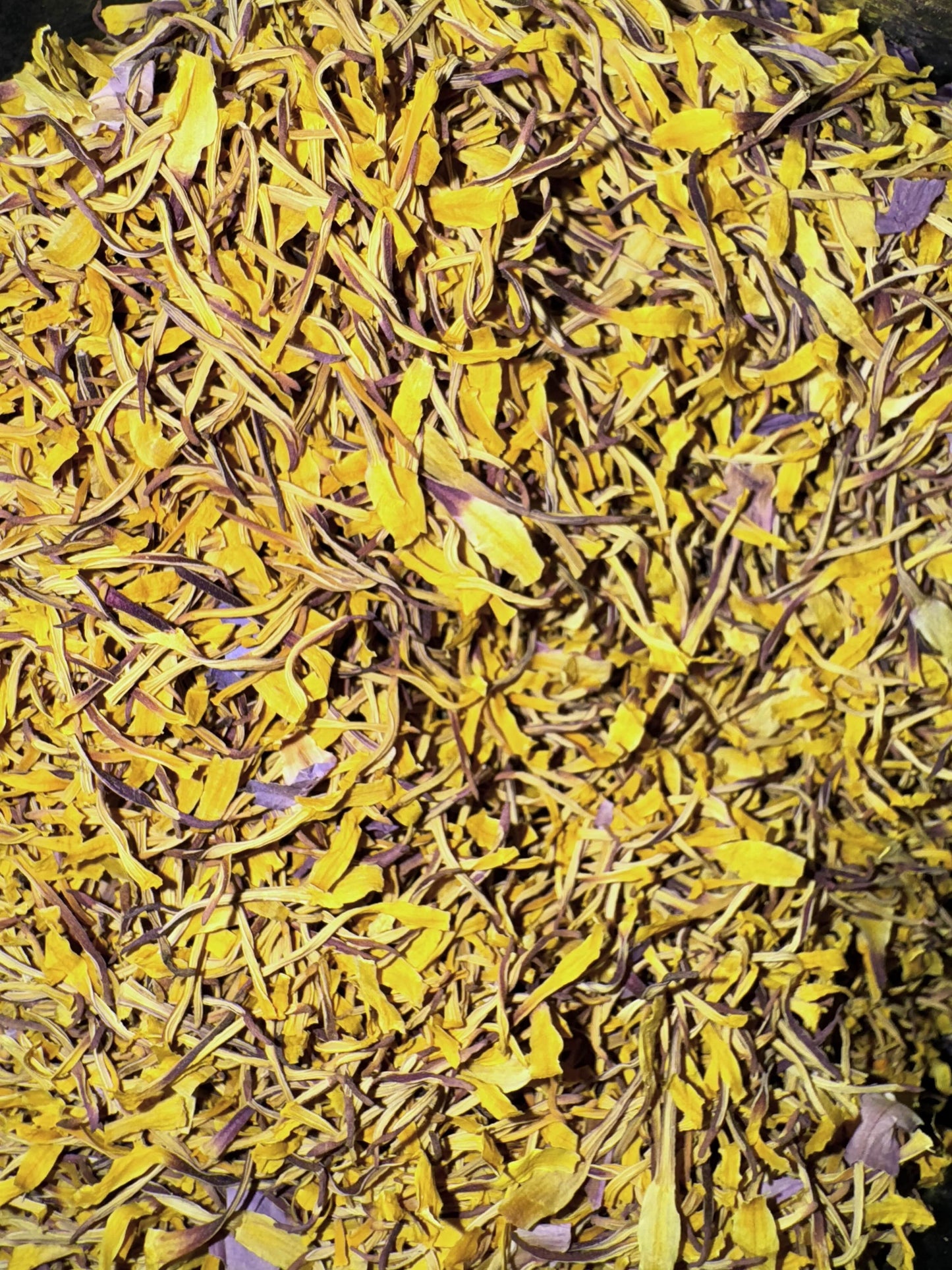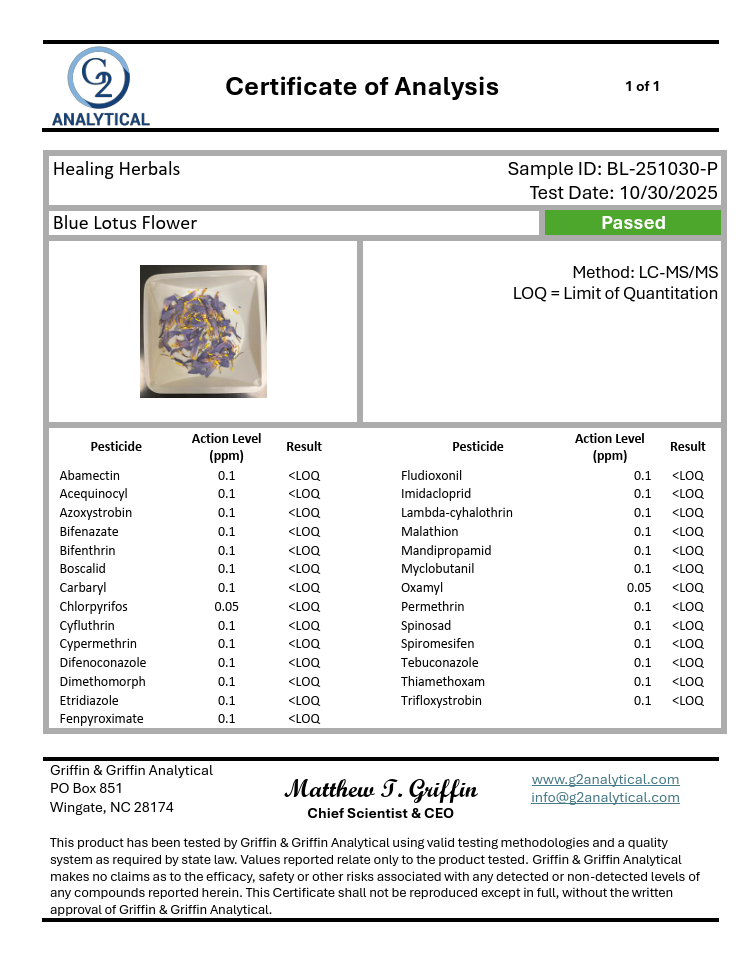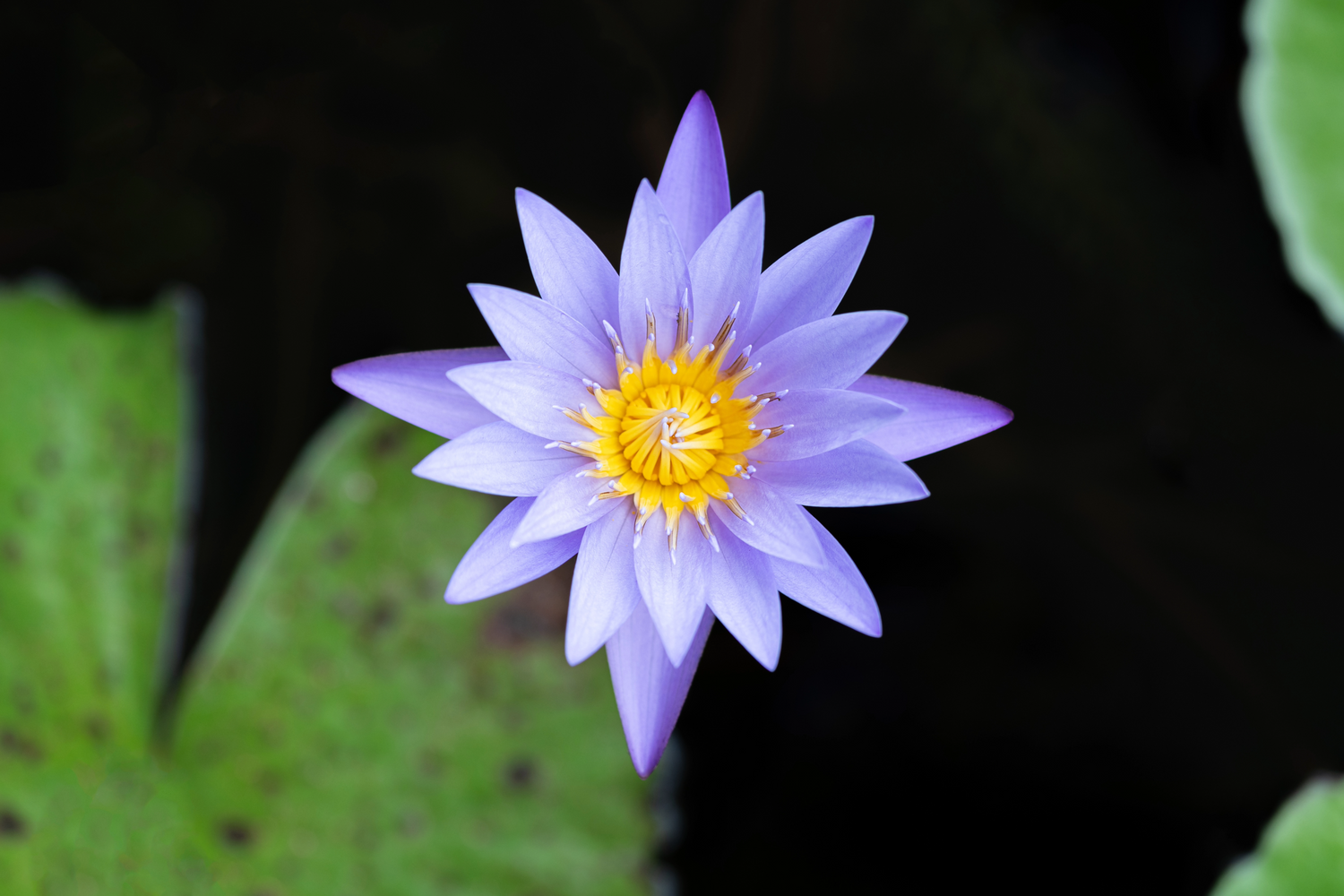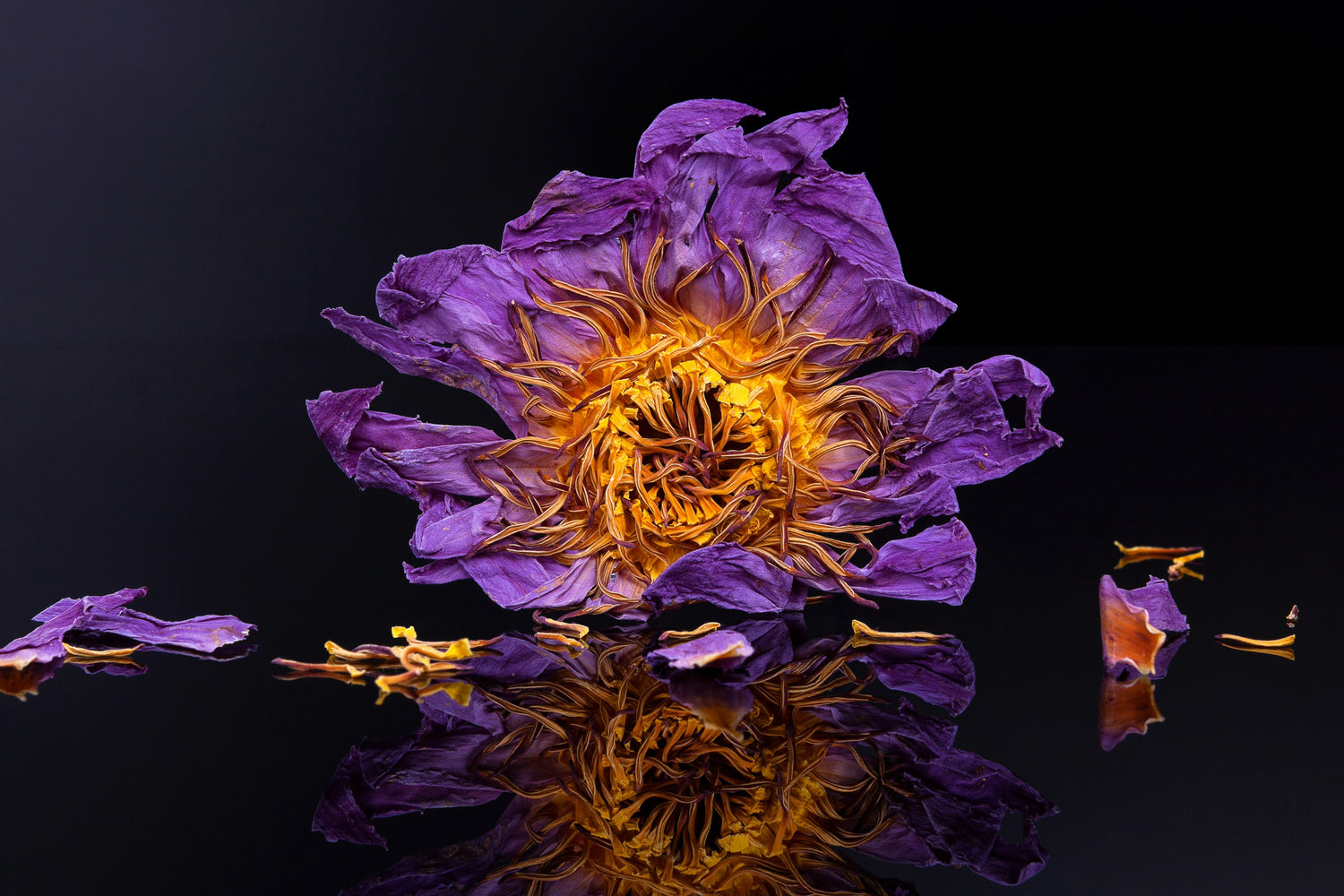
Healing Herbals
Pure Blue Lotus Stamens Only (Nymphaea Caerulea)
Pure Blue Lotus Stamens Only (Nymphaea Caerulea)
Couldn't load pickup availability
Premium Blue Lotus Stamens Only
Product Description: Our Pure Blue Lotus Stamens (Nymphaea caerulea) have been slowly and carefully sourced in Sri Lanka and represent a top quality selection of this exotic plant. The stamens themselves are used, prized for their distinctive scent and delicate flavor. Steeped, they yield a refined floral tea with earthy undertones perfect for an aristocratic herbal tea ceremony.
History: Blue Lotus is a historic flower, most notably of ancient Egyptian society, in which it was often associated with ceremony, meditation, and religious practice. Today it remains a worthwhile botanical for those who seek a significant addition to their herbal collection.
Usage and Directions:
Steep 1–2 teaspoons of stamens in hot water for 5–10 minutes. Drink on its own or mix with complementary herbs such as chamomile or lavender for a depth of flavor.
Ingredients: 100% Pure Blue Lotus Stamens (Nymphaea caerulea)
FDA Disclaimer: This product is not for diagnosing, treating, curing, or preventing any disease. For educational and botanical use only.
Share



Blue Lotus and Quality
Healing Herbals works closely with small family lotus farms and through sustainable and ethical sourcing of Nymphaea caerulea. Our sources always grow organically, avoiding heavy synthetic fertilizers. Our blue lotus flowers come from well-managed farms or sustainably maintained wild ecosystems on private lands.

History of Blue Lotus
Blue lotus, or Nymphaea caerulea, was highly valued in ancient Egypt, appearing in art, jewelry, and temple carvings. Its striking blue flowers symbolized the sun, creation, and rebirth, and it was often included in religious ceremonies along the Nile. The plant’s presence in tombs and artifacts highlights its cultural and spiritual significance throughout Egyptian history.
Over the last 2 thousand years this flower has been cultivated, bred and ecologically diversified to include several known cultivars and varieties including the Purple Thai, Egyptian Blue, and other subvarieties.


